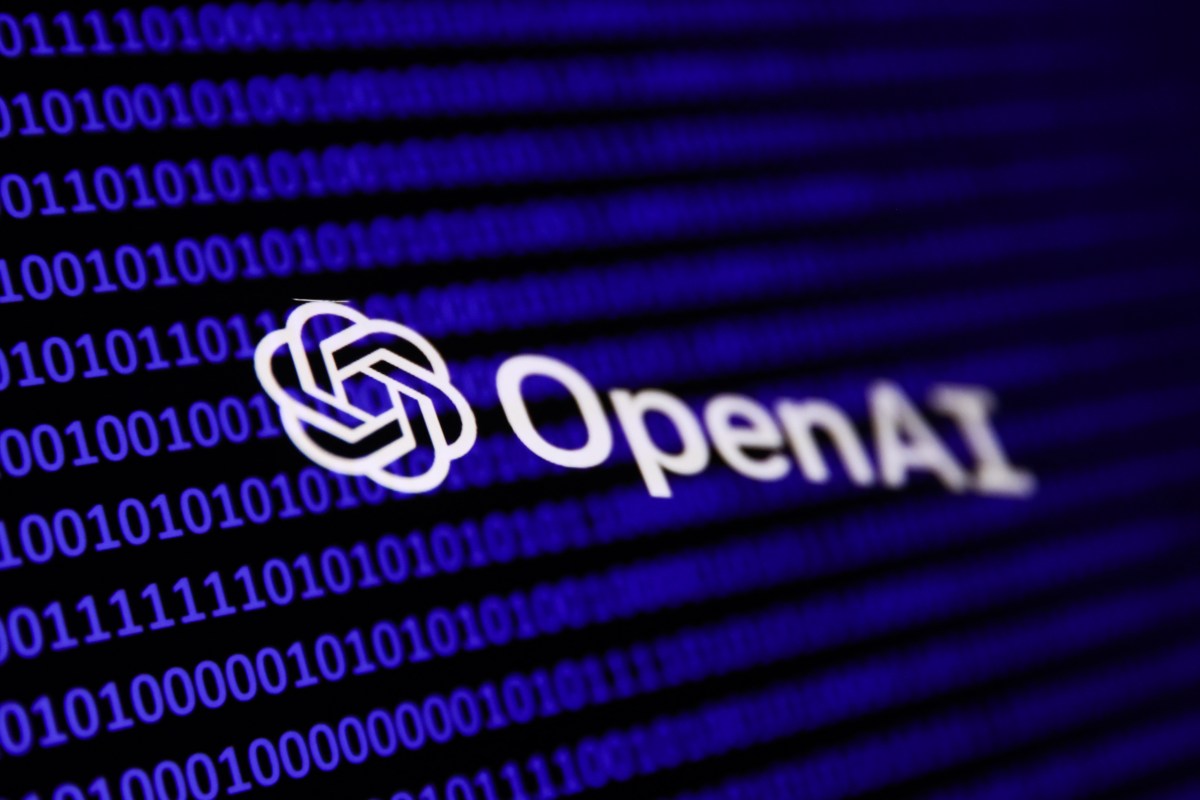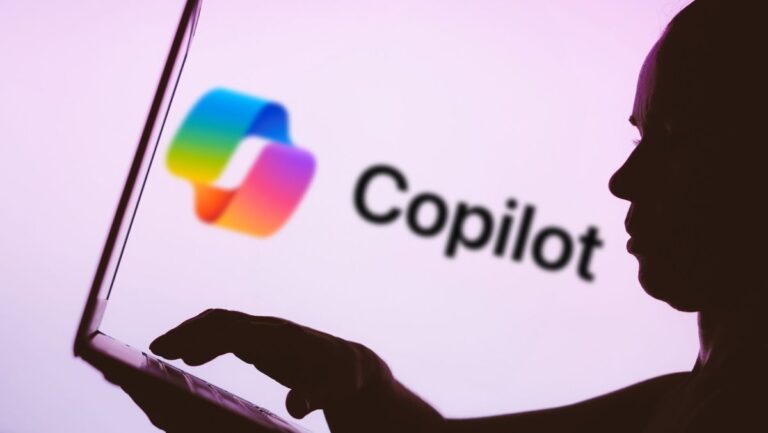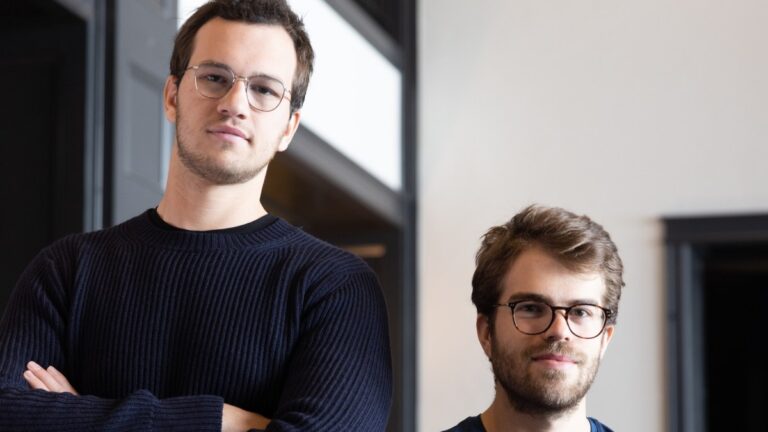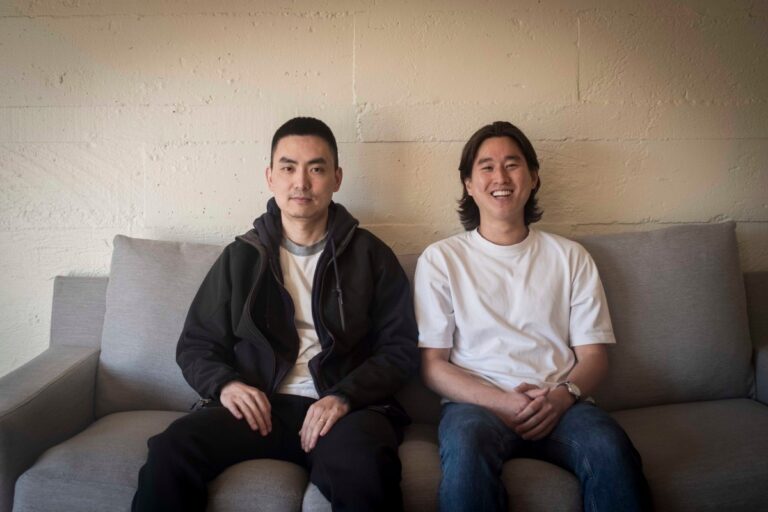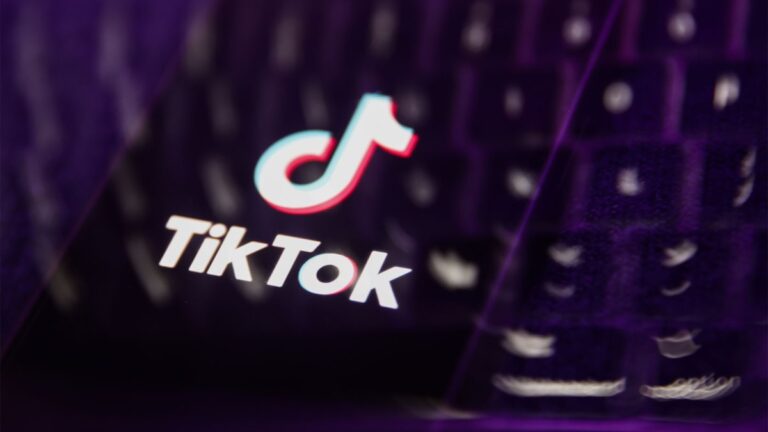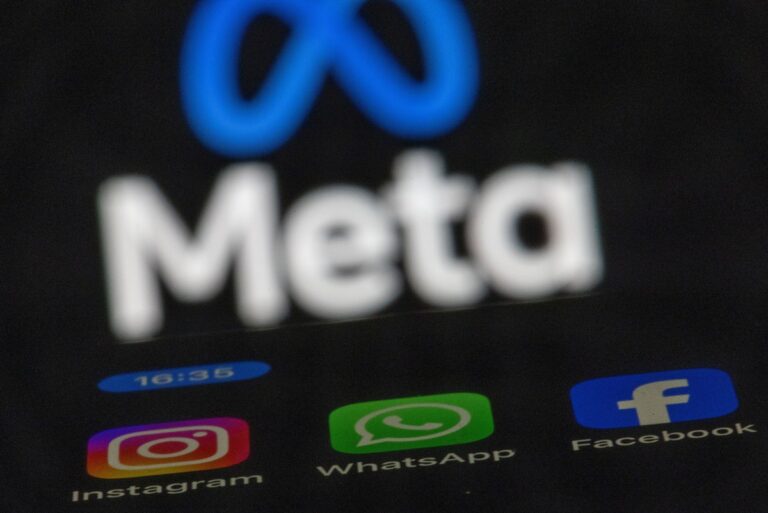ChatGPT Product Chief to Testify in Landmark US Government Case Against Google
The ongoing antitrust case against Google has taken a significant turn as the U.S. government aims to highlight the substantial hurdles faced by Google’s competitors in the tech industry. To strengthen its position, the Department of Justice (DOJ) is calling upon Nick Turley, the head of product at OpenAI, to testify as a key witness. This testimony is anticipated to provide crucial insights into the competitive landscape surrounding Google.
Background of the Antitrust Case
In a groundbreaking ruling last August, a court deemed that Google holds a monopoly in the search engine market. As Google appeals this verdict, the DOJ is seeking to establish potential penalties which could include:
- Severing ties with Chrome
- A possible 10-year prohibition on launching any new browser products
Key Witnesses for the DOJ
To reinforce its argument, the DOJ has enlisted the support of various Google competitors, including:
- OpenAI
- Microsoft
- Perplexity
Among these, Nick Turley’s testimony is particularly significant. According to legal documents filed on January 16, Turley is set to provide evidence on behalf of the government.
Details of Turley’s Testimony
While specific dates for Turley’s testimony remain undisclosed, it is expected to cover critical topics such as:
- Generative AI’s connection with search access points
- Barriers to entry in the tech market
- Data sharing and distribution strategies
The DOJ has not yet outlined the precise questions that will be posed to Turley. However, these discussions mirror the inquiries intended for Dmitry Shevelenko, the Chief Business Officer of Perplexity.
Legal Disputes Between Google and OpenAI
In preparation for Turley’s testimony, Google has issued a subpoena to OpenAI for relevant documents. A legal clash has ensued regarding the extent of evidence OpenAI is required to provide.
In a January 16 filing, Google accused OpenAI of submitting a “stunningly few” number of documents. OpenAI responded, asserting that Google’s requests from top executives, including CEO Sam Altman, seemed to be a “Trojan horse” aimed at intimidating its leadership.
Document Sharing and Contentions
OpenAI has agreed to furnish some documents related to Turley’s work, focusing on:
- OpenAI’s strategy for AI products
- Integration of AI into search-related offerings
- Partnerships with Microsoft
However, Google insists that relying solely on Turley’s insights would disadvantage them, arguing for more comprehensive documentation from OpenAI, including materials predating the November 2022 launch of ChatGPT. OpenAI counters this claim, stating that older documents do not accurately reflect the current AI landscape.
Next Steps in the Legal Battle
The dispute between OpenAI and Google remains unresolved, with both sides at a standstill. OpenAI has requested the court to dismiss Google’s extensive evidence demands.
As the legal proceedings continue, the impact of these testimonies and document exchanges could significantly influence the outcome of the antitrust case against Google.
For more updates on this evolving story, keep an eye on reliable sources like TechCrunch, and consider subscribing to their AI-focused newsletter for the latest insights delivered straight to your inbox.

